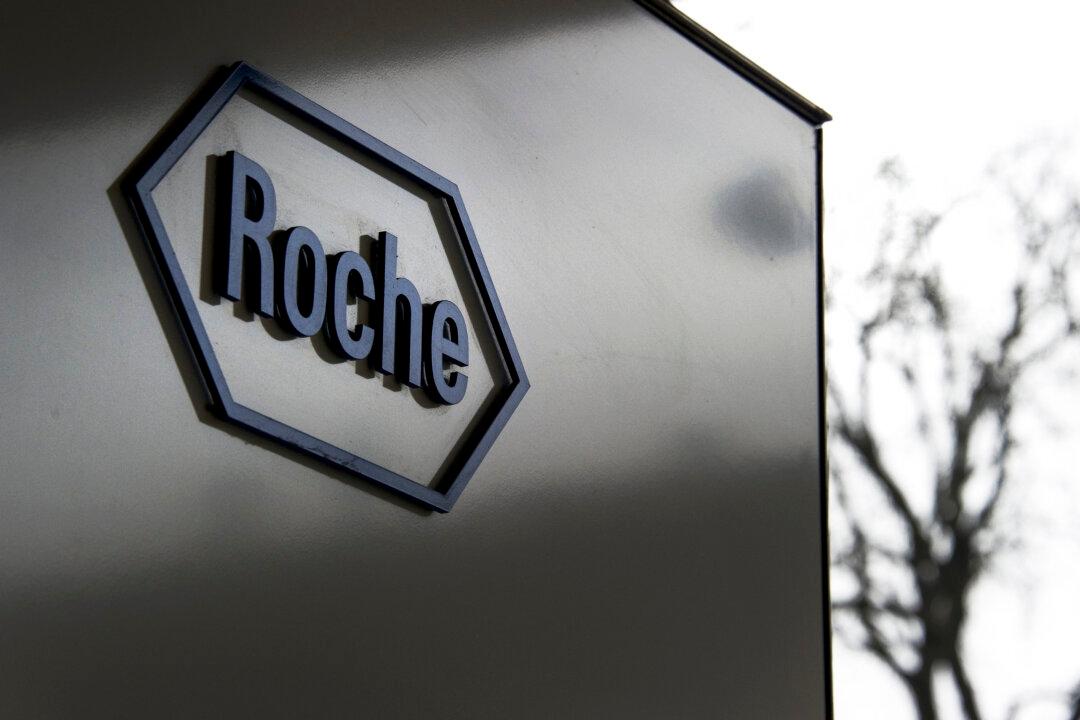Switzerland-based pharmaceutical company Roche will invest $50 billion in the United States over a five-year period, setting up new facilities and expanding existing ones, the company said in an April 22 statement.
The investments “are expected to create more than 12,000 new jobs, including nearly 6,500 construction jobs, as well as 1,000 jobs at new and expanded facilities,” according to the statement.





